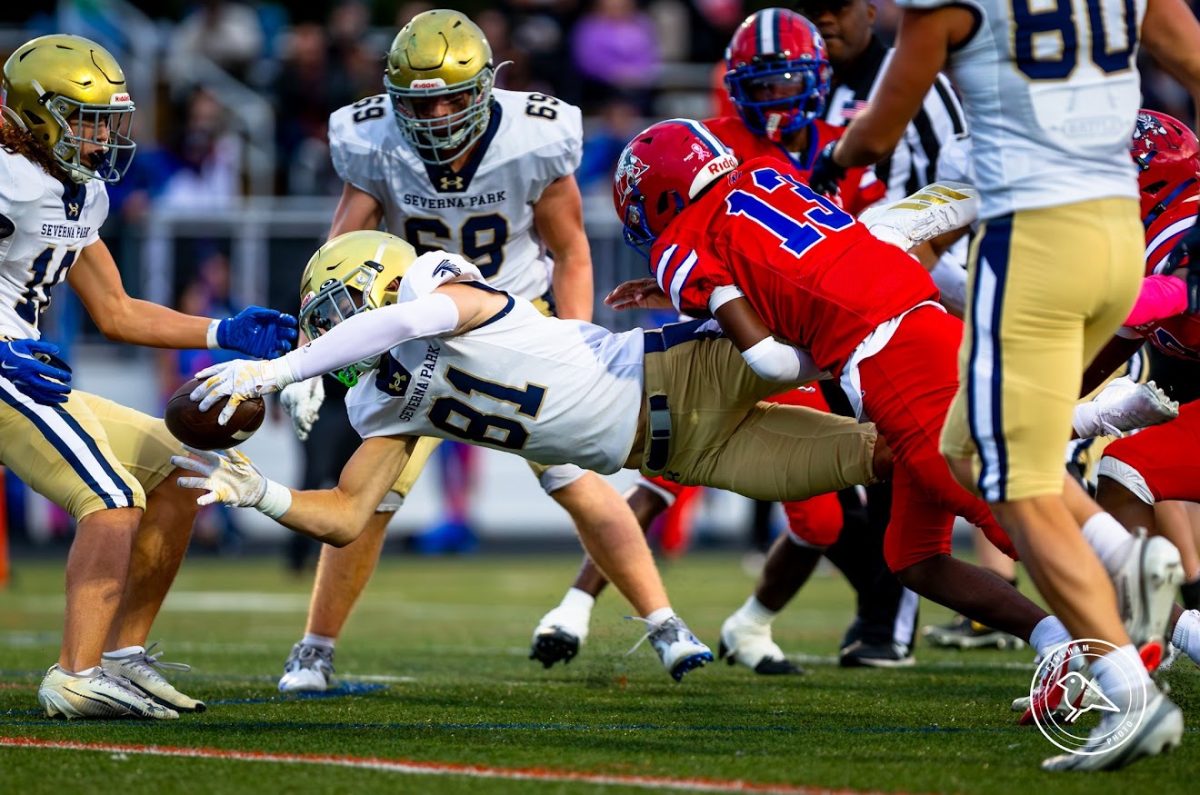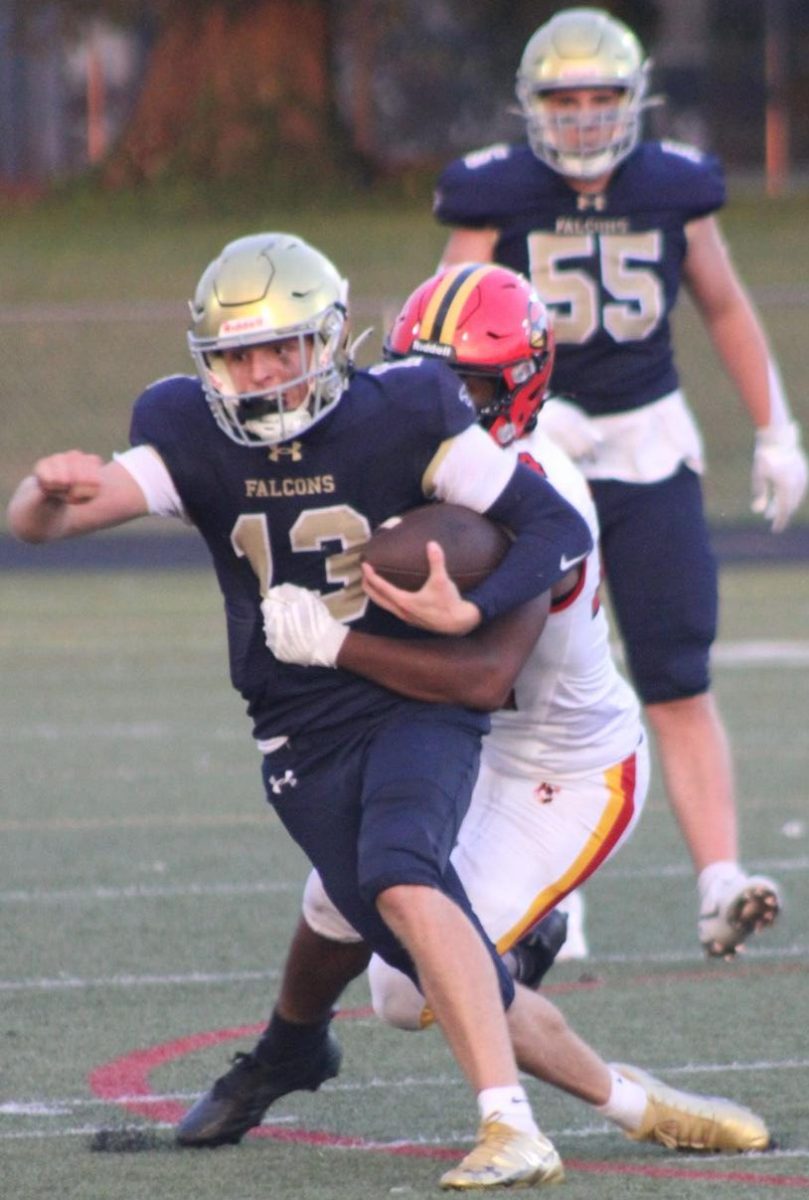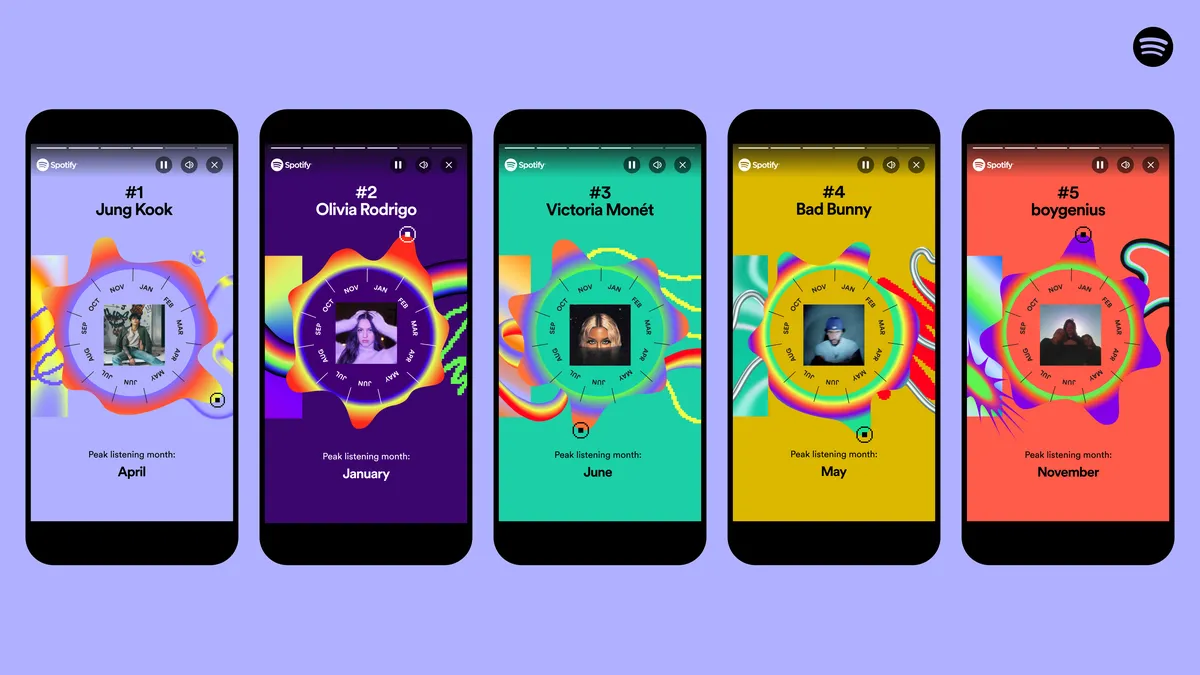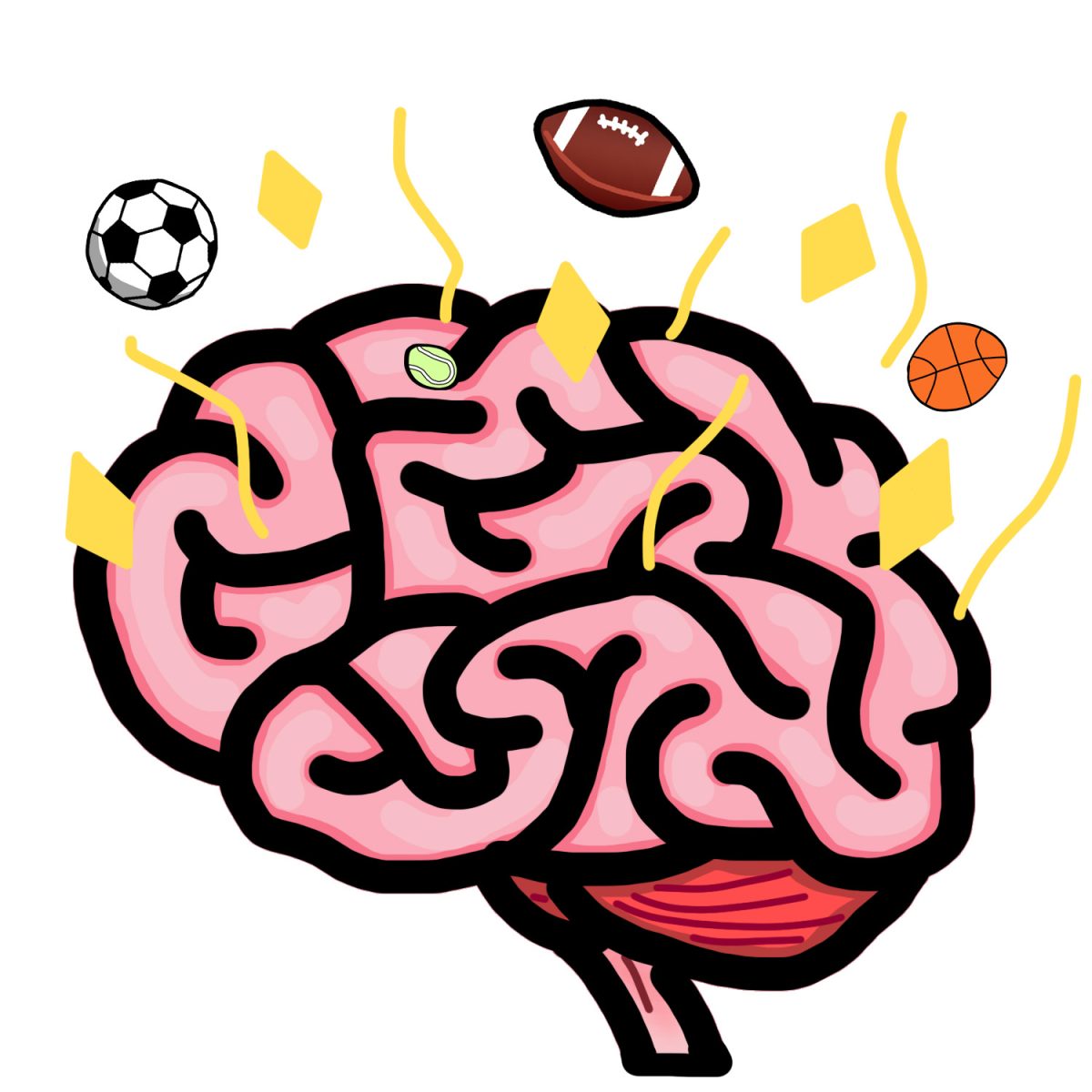Turn on the television and chances are that sports are seen playing on several channels on cable, or the advertisements for a game on a streaming service. Across the globe, millions, if not more, watch sports. The World Cup, for example, had five billion viewers in 2023 according to Roadtrips.com.
But why is society so attracted to sports as a genre? What is the science behind the interest in sports? Why is it that people are attracted to some teams over others? Why do athletes play sports? Are sports all good?
Why is society so attracted to sports as a genre?
The reason for the interest in sports could be chalked up to camaraderie and bonding. In a large world it can be easy for some to feel alone. But when a person has a large group of people who are rooting for the same thing as them, it can make them feel a little less alone. Sports can be a time to bond with friends and family or a way to give a sense of community to those who desire it. No matter what effect it has on a person, win or lose, that person is a part of that team, and they are in it together. That is why so many people are attracted to sports, it can make them feel less alone. It can also grant people an escape from their daily hardships and make a hard situation go away even if it is only for a couple of hours. It can fill a hole in one’s life by the togetherness the fans experience. No matter what it does for a specific person, sports can be the very thing they need to get through the day.
What is the science behind sports?
While this may not be what most think of when the question, why do we watch sports is asked, studies have shown that watching sports can actually benefit you. Studies about the topic have shown that sports can grant its fans a sense of eustress, a positive form of stress that has benefits. The reason for this eustress is that dopamine, a hormone responsible for pleasure, and adrenaline, a hormone linked to feelings of excitement, creates the chemical combination responsible for this form of positive stress. Despite whether or not a person’s team loses, sports can actually make a person feel happy as they watch the game ensue.
But this happiness does more than people might think. It can reduce depression and anxiety and reduce the risk for developing depression. The consistent dopamine that occurs when watching sports is the thing warding off depression while the camaraderie and bonding when watching sports fosters a sense of security that acts as a protector against depression and anxiety.
Why is it that people are attracted to some teams over others?
Within this phenomenon of sport watching, as most anyone will be able to tell you, there are always teams to root for. There are always favorite players and favorite coaches. This furthers the idea of community between sports fans. But teams take it up a notch.
One explanation for this sense of community also outlines why it is important. “Social Identity Theory” is the theory which suggests that a person’s social behavior is determined by the person as an individual and by the group the person belongs to. The person generally prefers to maintain a positive image of the group in which they belong as well as aligning their identities and beliefs to that group. When a fan identifies with a team, they are putting themselves in a social group and therefore are sharing their beliefs, values and common interests. Depending on how much of a fan a person is, they are indicating the level in which they have identified with the team. This is why some fans still support their teams after years of loss. “Social Identity Theory” explains that to these sports fanatics, it is not just a game. It is a part of them.
Why do athletes play sports?
There are several reasons why society is interested in watching the sport, but what about those who play sports? It’s no secret that playing sports or just being active in general has many health benefits. But this isn’t the only reason athletes play sports. Sports are a healthy way to get out that competitive spirit and channel it into something productive. This competitive spirit fuels them to get into sports but it also keeps them going.
Another reason for this interest is pride and glory. While it is true that most people who play sports in high school rarely get a chance to go professional, the same goes in college, it can still grant those who play while in school a chance to get their time in the spotlight. Sports give students a chance to succeed in something and a chance to show their skill and represent their team.
Are there downsides to sports?
As previously explored, being a sports fan can benefit a person in many ways, but this is not to diminish the negatives that come along with the genre. There have been numerous riots on account of a game regardless of if their team won or lost. These riots can result in injury and give a bad name to the sport itself as well as the fans.
There are also numerous physical effects that being a sports fan has on a person. Sometimes someone can take a loss too seriously resulting in the negative moods that can start riots. Blood pressure and heart rates can also double due to the intense excitement fans feel. This in addition to the many unhealthy food fans are known to eat while hosting a watch party or just at home by themselves. Fans can also be affected by poor weather that occurs during games. When attending a game in person, fans are subjected to cold temperatures that can freeze drinks or hot temperatures that can cause heat stroke.
Regardless of the potential drawbacks, sports can be a good thing for a person. It can reduce depression or give someone a place where they feel they belong. Society’s interest in sports cannot be chalked up to just one thing for everyone who has an interest. There are many potential reasons why people become sports fans.



















































